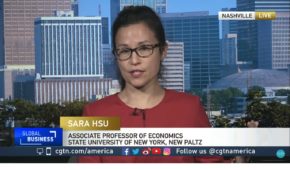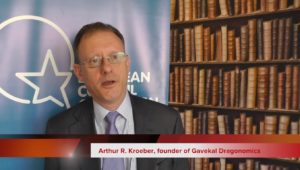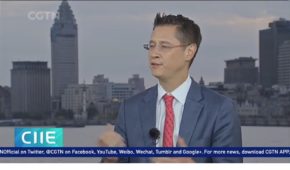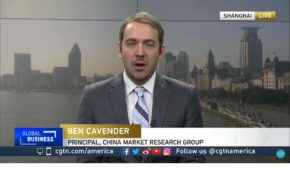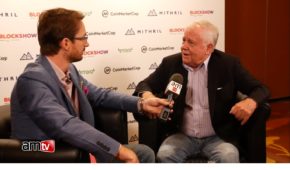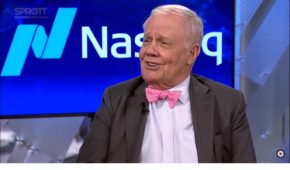 |
| Harry Broadman |
Harry Broadman:
While the importance of services trade to US competitiveness may have once been out of the mainstream of trade policy thinking, that was decades ago. If Trump’s economic advisers are worth their salt, they should know better. If they do, then why can’t they get through to the boss?
Perhaps Trump’s distorted view towards the importance of international trade in services stems from sheer ignorance. That is hard to believe. After all, he did attend the Wharton School of Business at the University of Pennsylvania, from which he graduated in 1968 with a Bachelor’s Degree in Economics.
Such training, one would assume, equipped him with the tools to understand the concept of cross-border services transactions, even if they were not as commonplace then as they are today.
Alternatively, does it stem from a nostalgic hope to return to years gone by when manufactured merchandise and other goods dominated economic activity in the US and elsewhere? If so, he would do well to recognise that such a wish is far-fetched. Why?Because over the last 20 years, in every country of the world — rich as well as poor — manufacturing’s contribution to GDP actually has been declining while the share of GDP accounted for by services has been rising.
It’s ironic that not only is the core of the Trump Organization in the real estate industry, a prime component of the services sector, but Trump’s course concentration in economics at Wharton was in real estate. Even television, Trump’s second occupation, is a services industry.
Despite this, Trump might well believe that a shift to a services-oriented economy is a sign of economic decline. If so, the latest data, which are for 2015, suggest he would be quite mistaken. In high-income countries, services’ share of GDP has risen to 75 per cent. In low- and middle-income states, the share of GDP accounted for by services has increased to 56 per cent.
Whatever the reason for Trump’s myopia toward the fastest growing portion of international trade, he needs to realise that he — like the rest of us — is not living in an economy of years gone by.More in Gulf News.
Harry Broadman is a speaker at the China Speakers Bureau? Do you need him at your meeting or conference? Do get in touch or fill in our speakers' request form.
Are you looking for more experts on the US-China trade war? Do check out this list.





